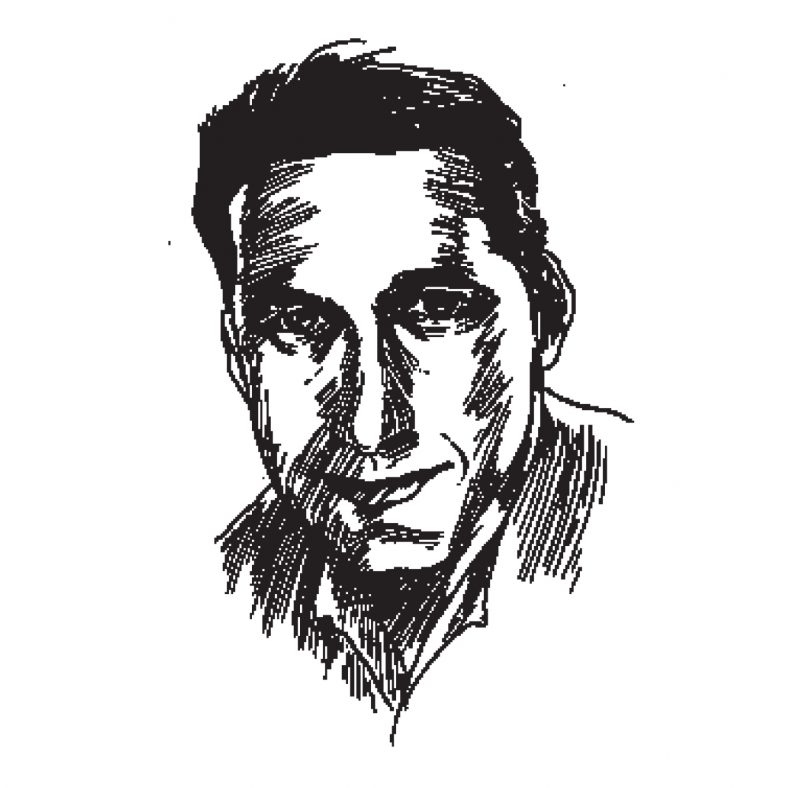Mark Salzman is my idea of the perfect prison cellmate. Mostly because he is like one of those mythical underworld jinn creatures that can take on different forms. I know a little about prison cellmates and assuming different shapes because before I started writing, I served seven years in federal custody for robbing many banks. Facts supporting my assumption that Salzman would be a good cellmate:
- The best cellmates pay astute attention to housekeeping details. Seeing as Mark was invited by Yo Yo Ma to perform as guest cellist for a program broadcast nationally from Lincoln Center, I’d say he’s enough of an aesthete.
- He courteously laughs at my most asinine comments. That talent would defuse many conflicts that do arise among the hordes of knuckleheads who roam the prison corridors.
- In 1985, he was the only non-Chinese invited to participate in the National Martial Arts Competition in Tianjin. No prisoner would dare bum rush our cigarettes or otherwise connive to defile our cell.
And the stories he could tell. To date he has published six books: the Pulitzer Prize finalist Iron and Silk (1987), The Laughing Sutra (1991), Lost in Place (1995), The Soloist (1994), Lying Awake (2000), and his most recent book, True Notebooks: A Writer’s Year at Juvenile Hall, released last month.
Just so you know: I was released from prison in 1996 and three months later I became an associate editor with the Pacific News Service, periodically writing op-ed essays for the Los Angeles Times. Through my work, I met Salzman and his wife, the filmmaker Jessica Yu, who co-produced the film Breathing Lesson: The Life and Work of Mark O’Brien, which won an Academy Award in 1997 for Best Documentary Short. On one occasion that I encountered the couple, I’d recently written an op-ed for the LA Times and Salzman praised my opinion. I, of course, being sufficiently flattered, insinuated myself into Salzman and Yu’s life. My friendship with Salzman to date consists mainly of interrogations we conduct with each other. He’s shown up with a page of questions for me on forgiveness that made for a three-hour conversation. I’ve done the same with him on the topics of grief and humility.
Recently, when I found myself in L.A., Salzman and I went to the L.A. County Museum of Art together to check out the Legacy of Genghis Khan exhibit. On our drive to the museum we spoke of Lucian Freud, fake empathy, why he hates writing workshops, Kimba the White Lion, Gogol, Doonesbury’s Honey with the little Mao hat, in...
You have reached your article limit
Sign up for a digital subscription and continue reading all new issues, plus our entire archives, for just $1.50/month.
Already a subscriber? Sign in





